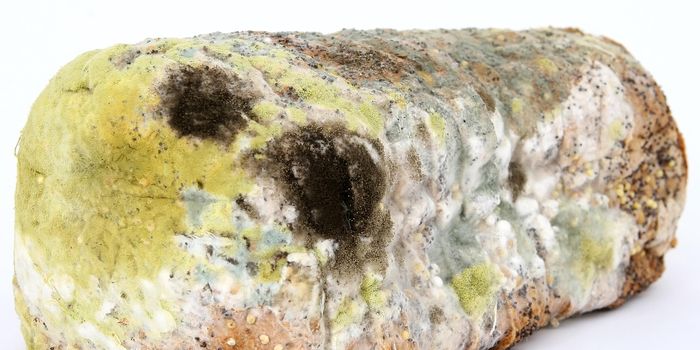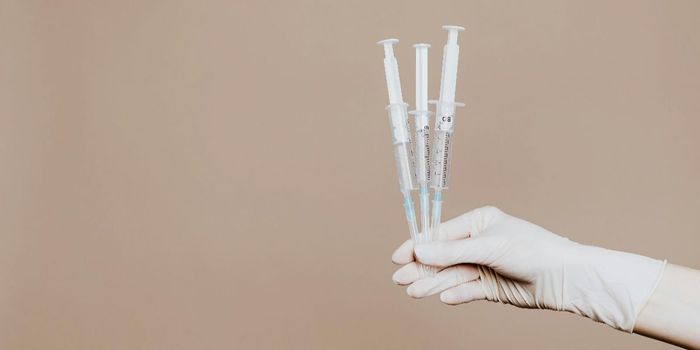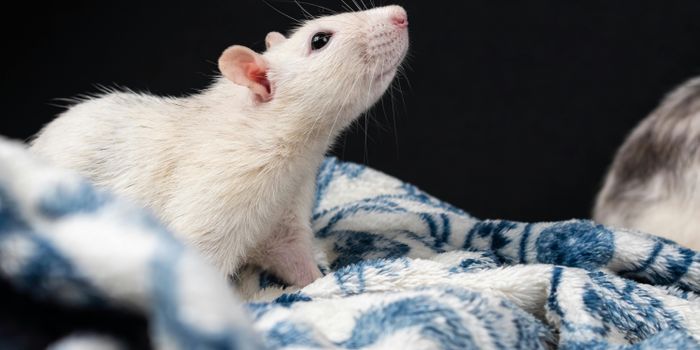Precision Intervention: L. reuteri's Targets Specific ASD Symptom in Children
Autism Spectrum Disorder (ASD) presents a lifelong challenge with limited effective treatments targeting core symptoms. While past clinical studies focused on brain circuitry, a recent breakthrough investigates the profound link between the gut microbiome and ASD–gut-micro-biota-brain axis–suggesting a single bacteria may serve as an avenue for intervention.
ASD is a complex developmental disorder thought to stem from various known and unknown factors. Individuals with ASD often exhibit behavior differences affecting social communication and interactions, coupled with restricted or repetitive behaviors and interests.
The comorbidity of immune and gastrointestinal issues in ASD individuals hinted at a deeper connection between the gut and brain. Then, in a 2016 study looking at maternal high-fat diets in mice, a group of researchers led by Dr. Mauro Costa-Mattioli "serendipitously" discovered Limosilactobacillus reuteri's (L. reuteri) crucial role in the gut microbiome and social behavior of offspring.
L. reuteri is a probiotic found in fermented foods, such as yogurt and probiotic supplements.
Building upon that research, Costa-Mattioli, first-author Luigi Mazzone, and colleagues from the Policlinico Tor Vergata Foundation Hospital in Italy published an article in Cell Host & Microbe Clinical and Translational Report, examining the hypothesis that L. reuteri could specifically reverse ASD's social deficits.
The double-blind, randomized, placebo-controlled pilot trial involved 43 children (35 males and 8 females), aged 2 to 8 years. Of these, 21 children received the L. reuteri treatment.
The study demonstrated that L. reuteri did not induce widespread changes in participants' microbiome or immune profiles. The severity of autism and displays of restricted and repetitive behaviors were also unaffected by treatment.
Instead, the L. reuteri supplements exerted a specific and significant and positive effect on the social functioning of the treatment group.
L. reuteri is certified as 'generally recognized as safe' (GRAS) by the FDA for unrelated disorders. We now know it holds immense potential for ASD children due to its safety and accessibility.
This groundbreaking study not only adds to our knowledge of the vagus nerve's role in the gut-brain connection and how it affects ASD but also opens doors to targeted interventions, offering hope for improved social functioning in affected children through the safe and FDA-approved microbial supplement, L. reuteri.
Sources: CDC, Biological Psychiatry, Cell Host & Microbe, WebMD, Cell









